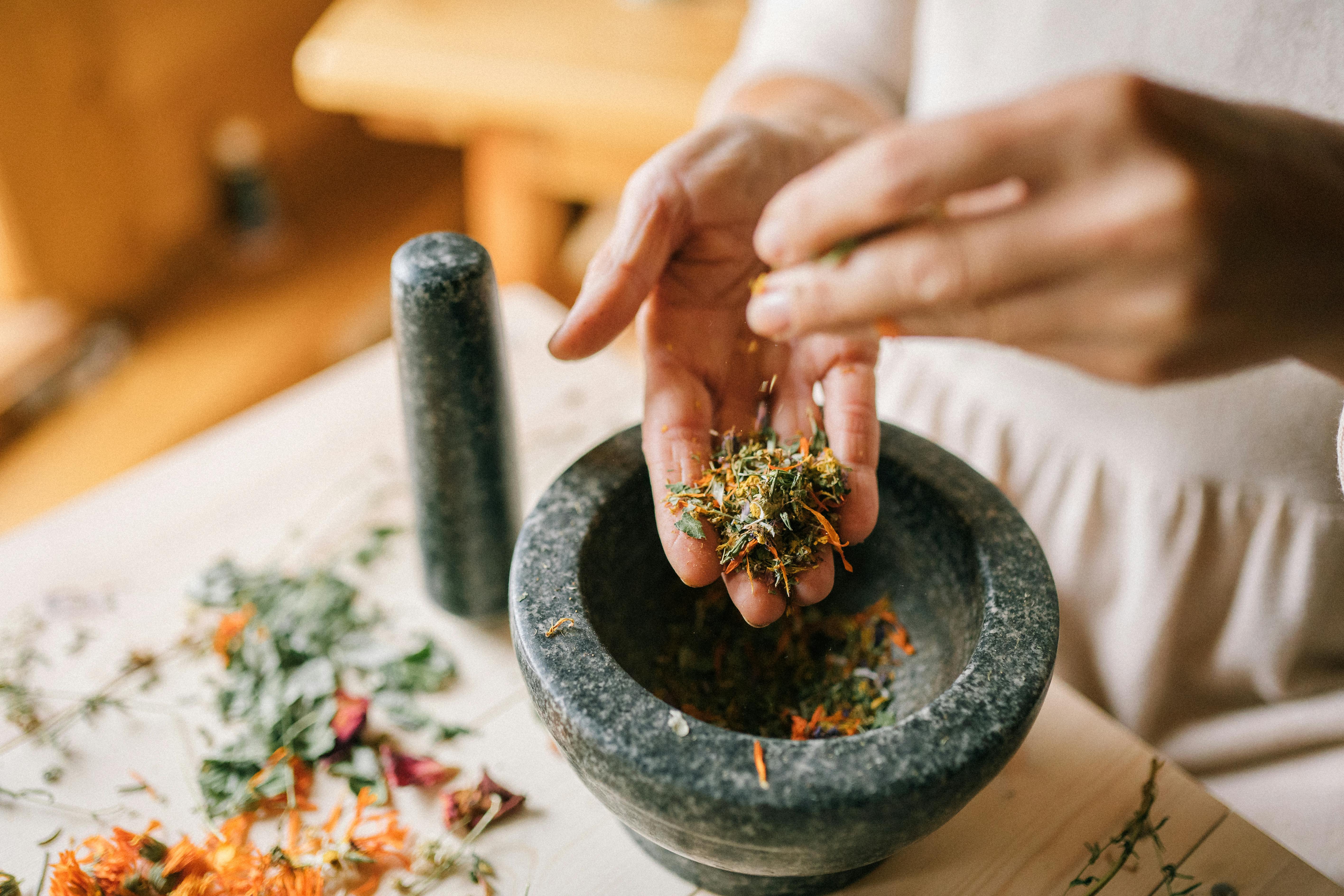Most people who suffer from plantar fasciitis have no idea that dehydration can be one of the main causes of pain and suffering. When the body doesn’t get enough water, the muscles can dry out and become brittle. Muscles and tissues must be hydrated to function properly, especially the plantar fascia.
The plantar fascia is the delicate but flexible tissue between the toes and the heel bone. This fabric is responsible for a stable gait and for supporting the weight and movement of the body.
When the tissue is overloaded, tears occur in the plantar fascia. When the body is allowed to “dry out”, the fabric becomes dry and brittle, allowing the fibers to be damaged with each step or with any undue force.
Imagine that every step could damage your plantar fascia.
Key things to remember about plantar fasciitis or FP
- Plantar fasciitis doesn’t just go away.
- Plantar fasciitis can be prevented and treated.
- Plantar fasciitis must be treated immediately.
- Plantar fasciitis can be avoided with simple hydration.
More than 78% of Americans are chronically dehydrated. If your body does not have enough water, your muscles are not as flexible as they should be and the connecting tissue can be easily stressed.
No matter what you are doing, exercising or sitting at a desk, stay hydrated.
It is important to understand that drinking soda, tea and coffee does not hydrate the body. In fact, most drinks simply dehydrate and increase the possibility of stress and injury, and can contribute to FP.
When you get up in the morning, your body automatically dehydrates. Start each day with a glass of water and your skin, muscles, tissues and feet will thank you.
We often don’t recognize the importance of healthy heels until something painful like plantar fasciitis occurs. This painful affliction can lead to a chronic condition, so consider how you treat your feet today.
You will be so thankful you did.
Some additional good tips are …
- Drinking water.
- Eat enough protein.
- Stretch your muscles at least in the morning and at night.
- Protect your feet by investing in good shoes.
- Support Your Bows – Dropped bows are another leading cause of FP.
- Seek immediate advice anytime you experience heel pain or discomfort, especially the heel.
It is always best to consult with a doctor or physical therapist for the correct recommendations for treating your feet. And with a little research and a little time, plus an extra glass or two of water per day, you can have support for plantar fasciitis or prevent this painful condition altogether.


